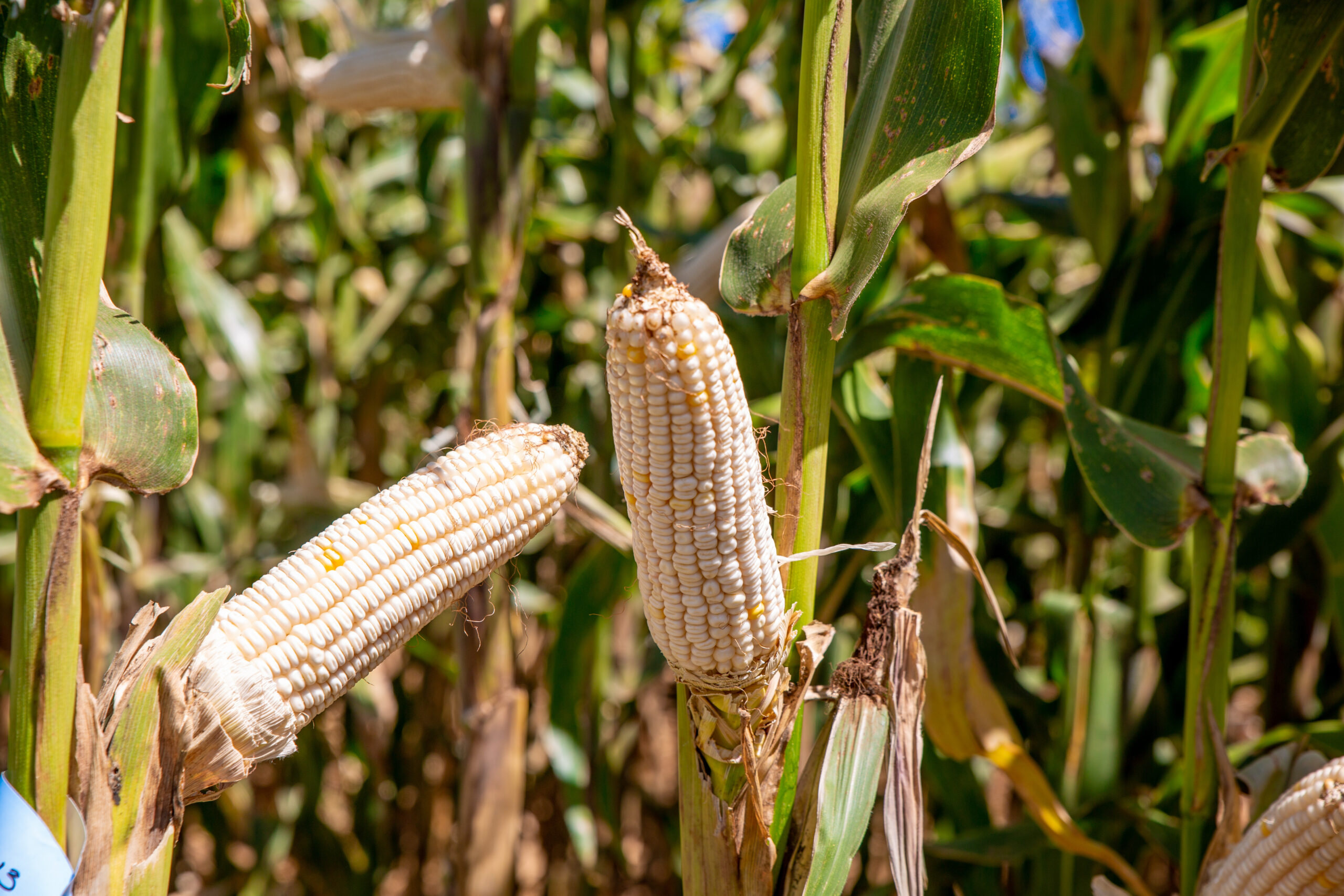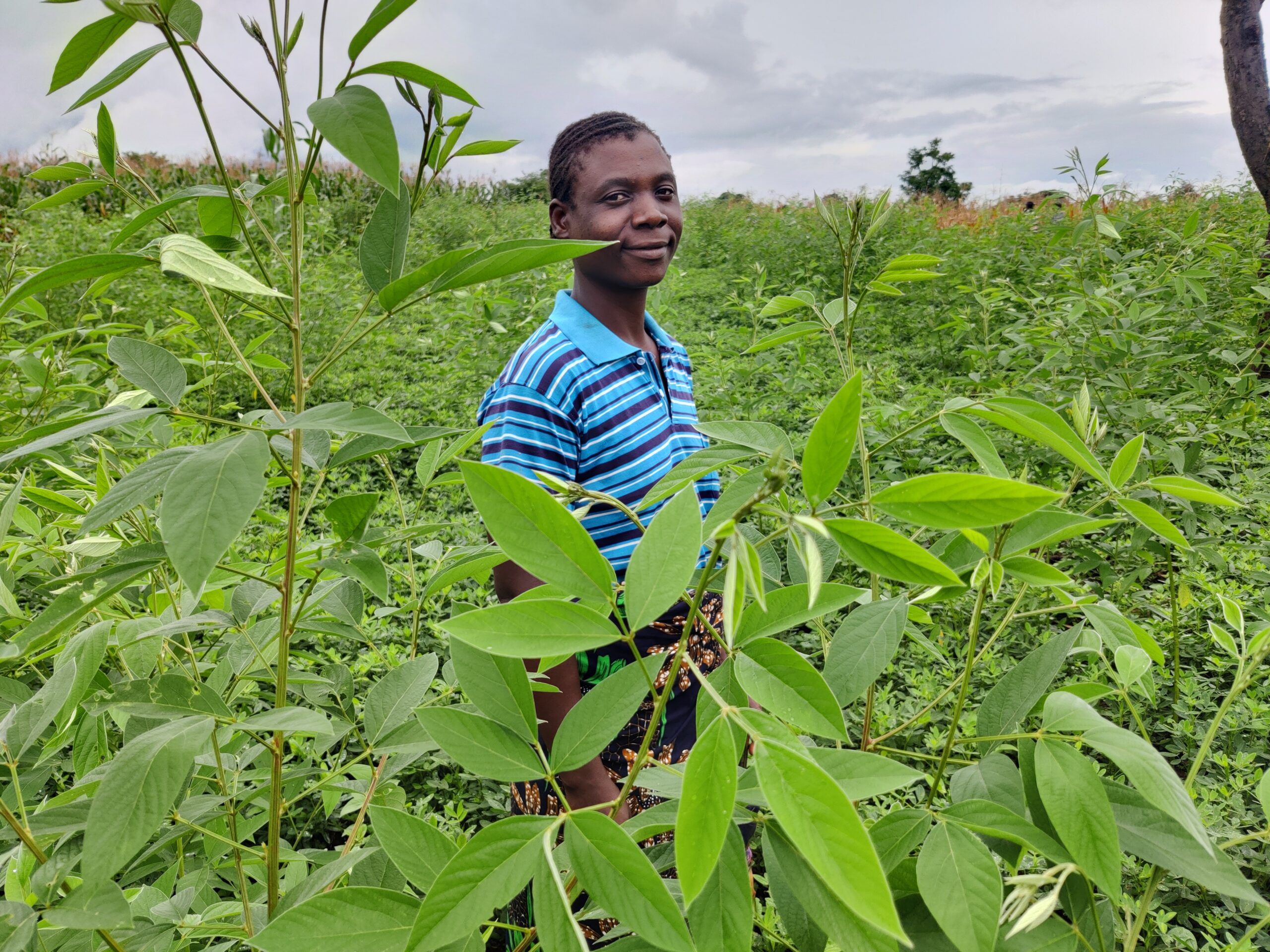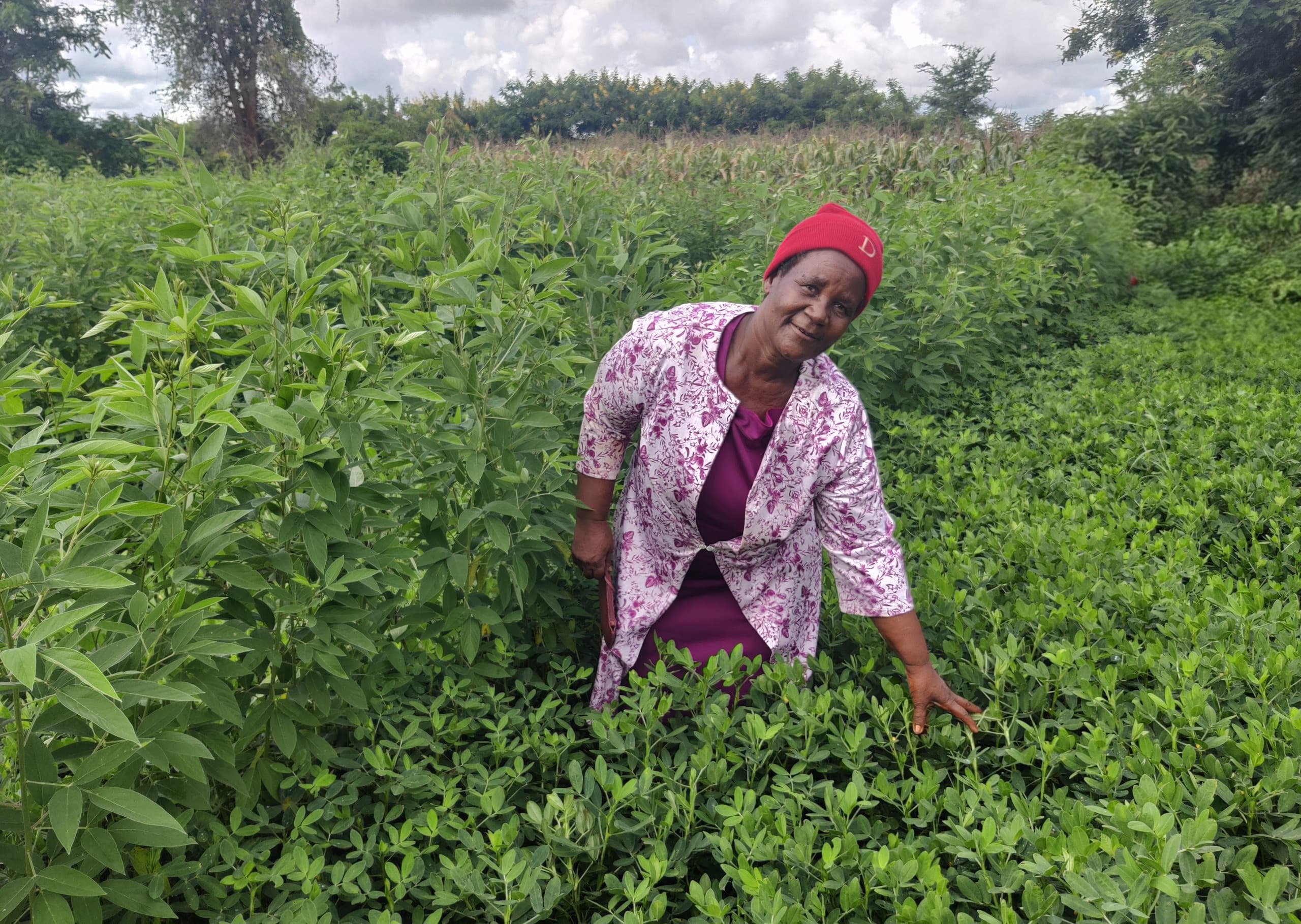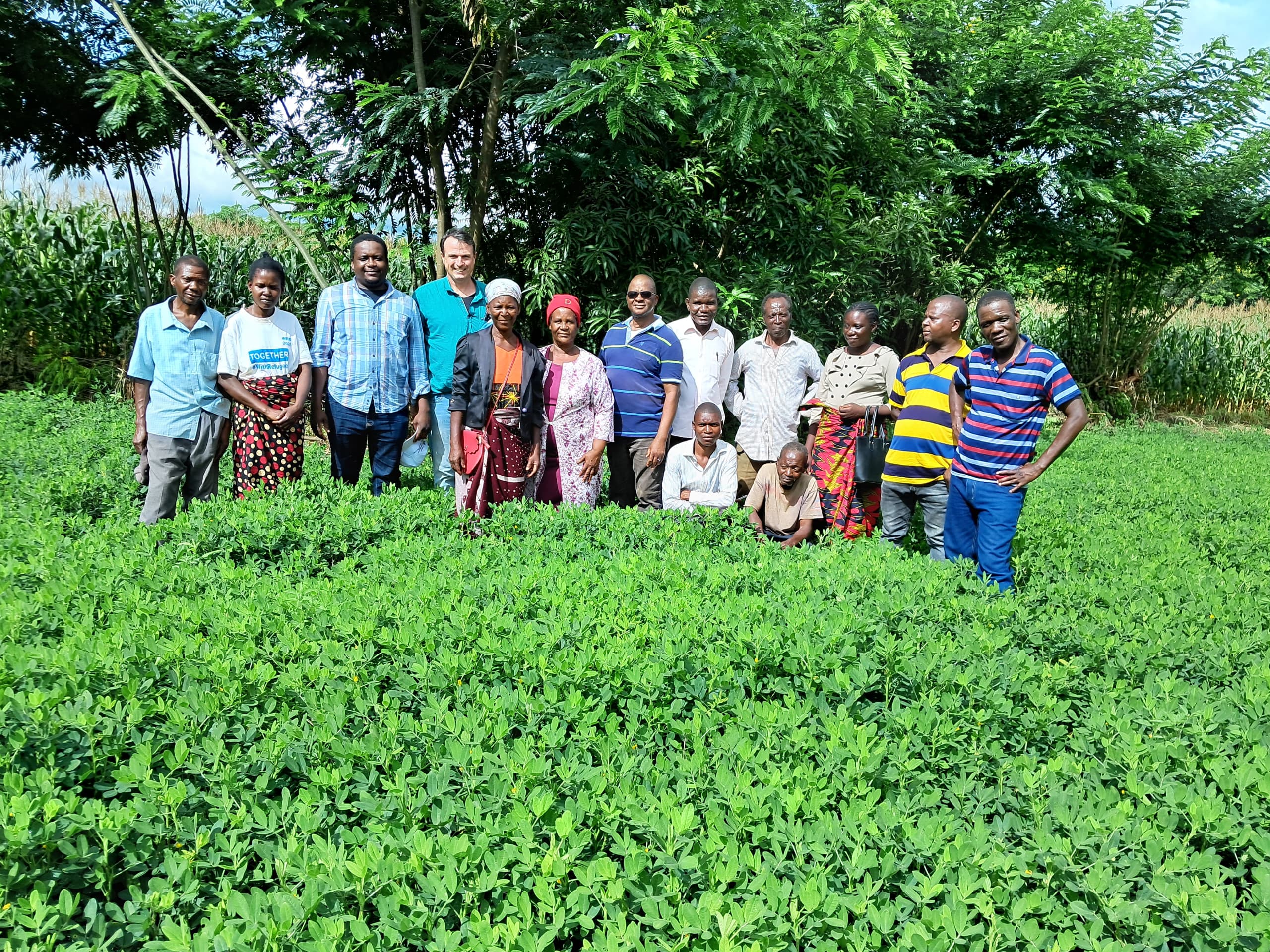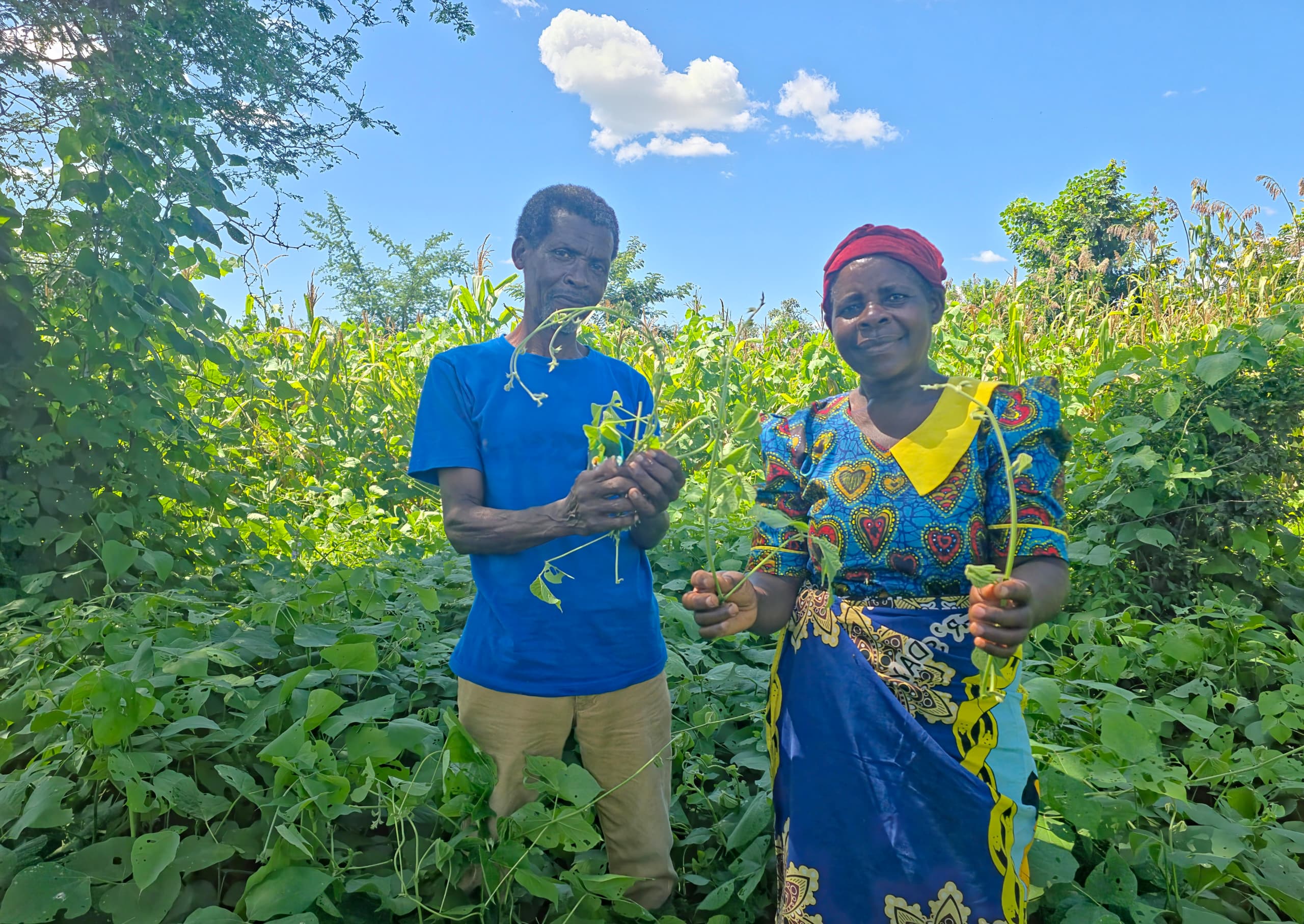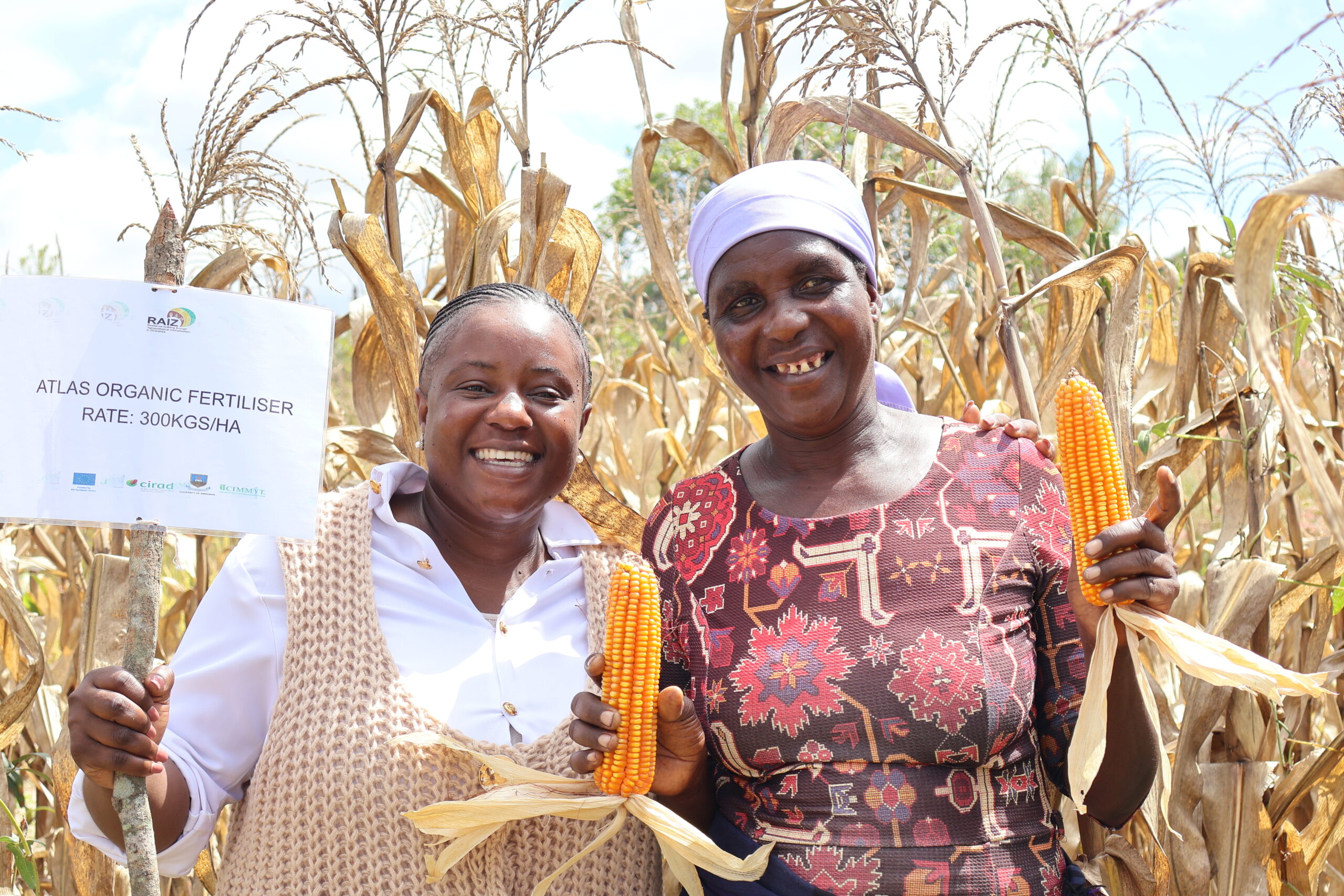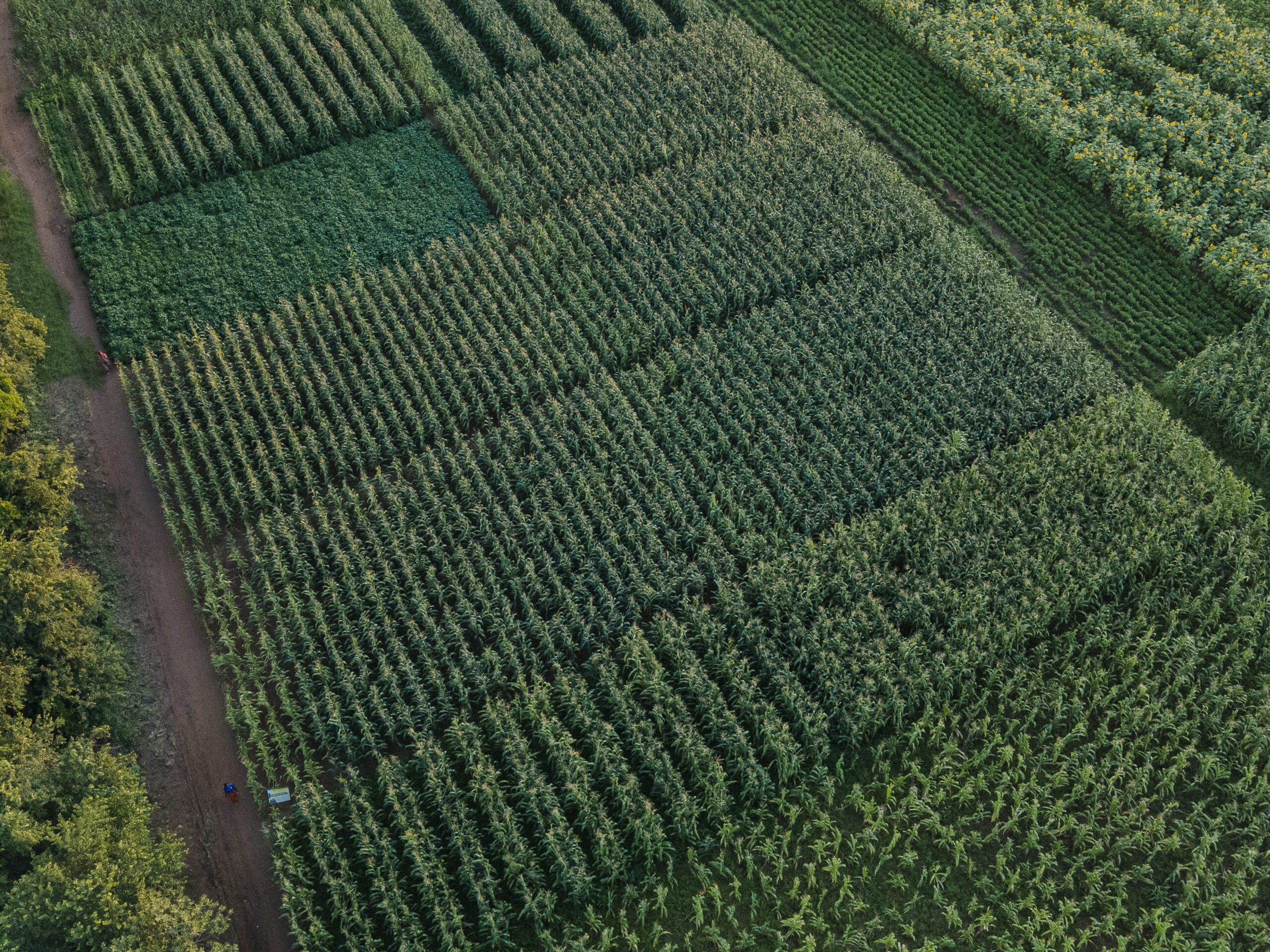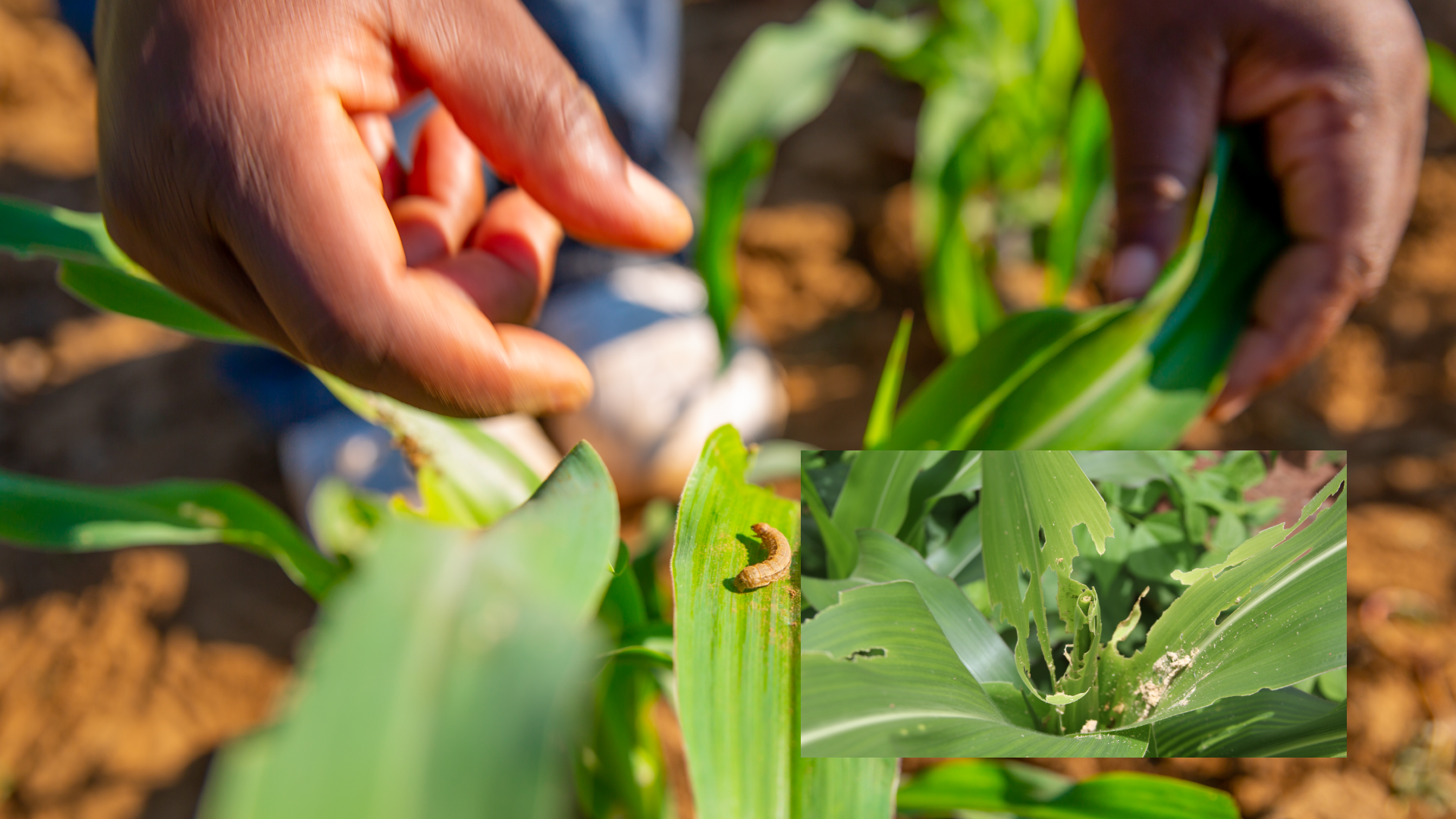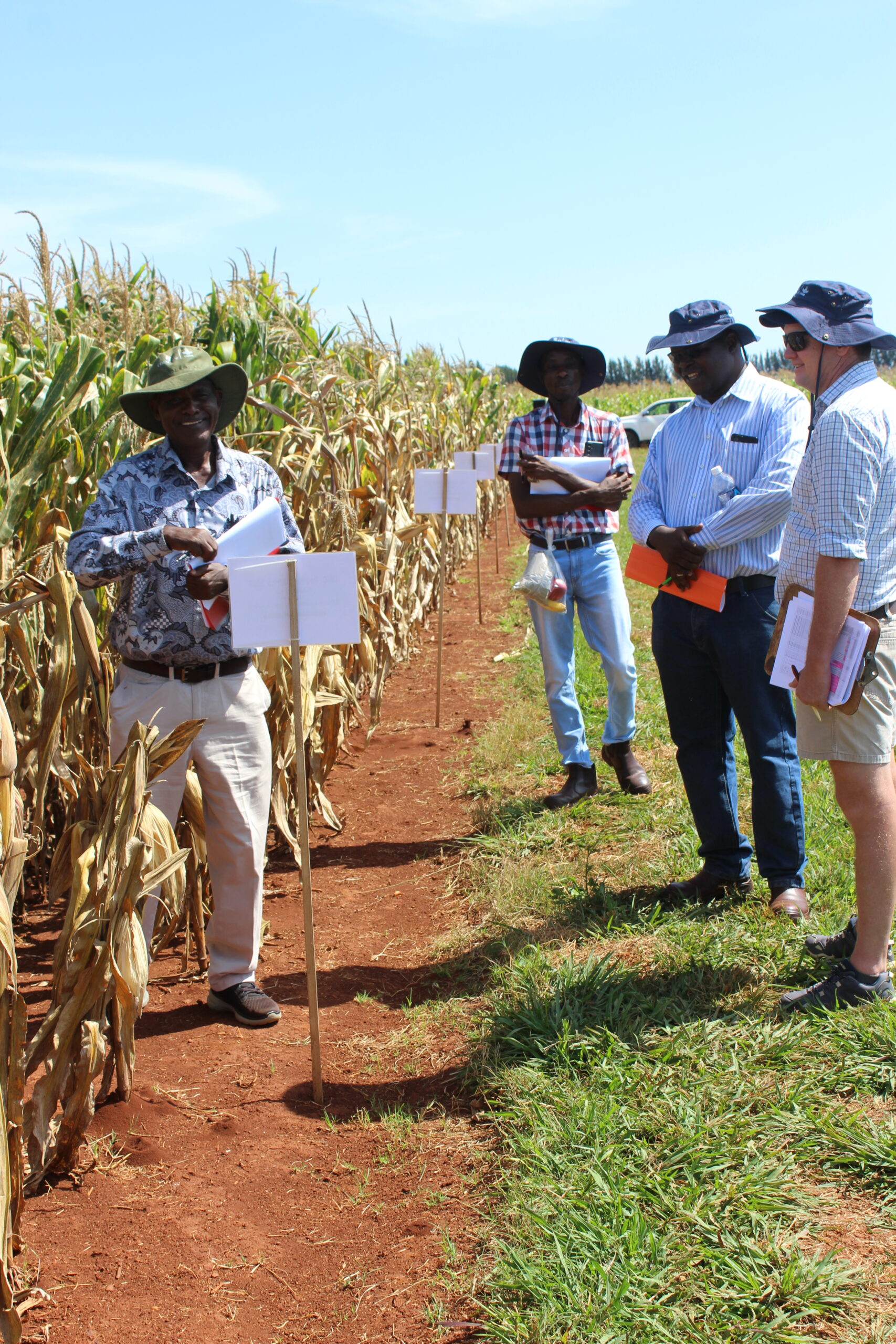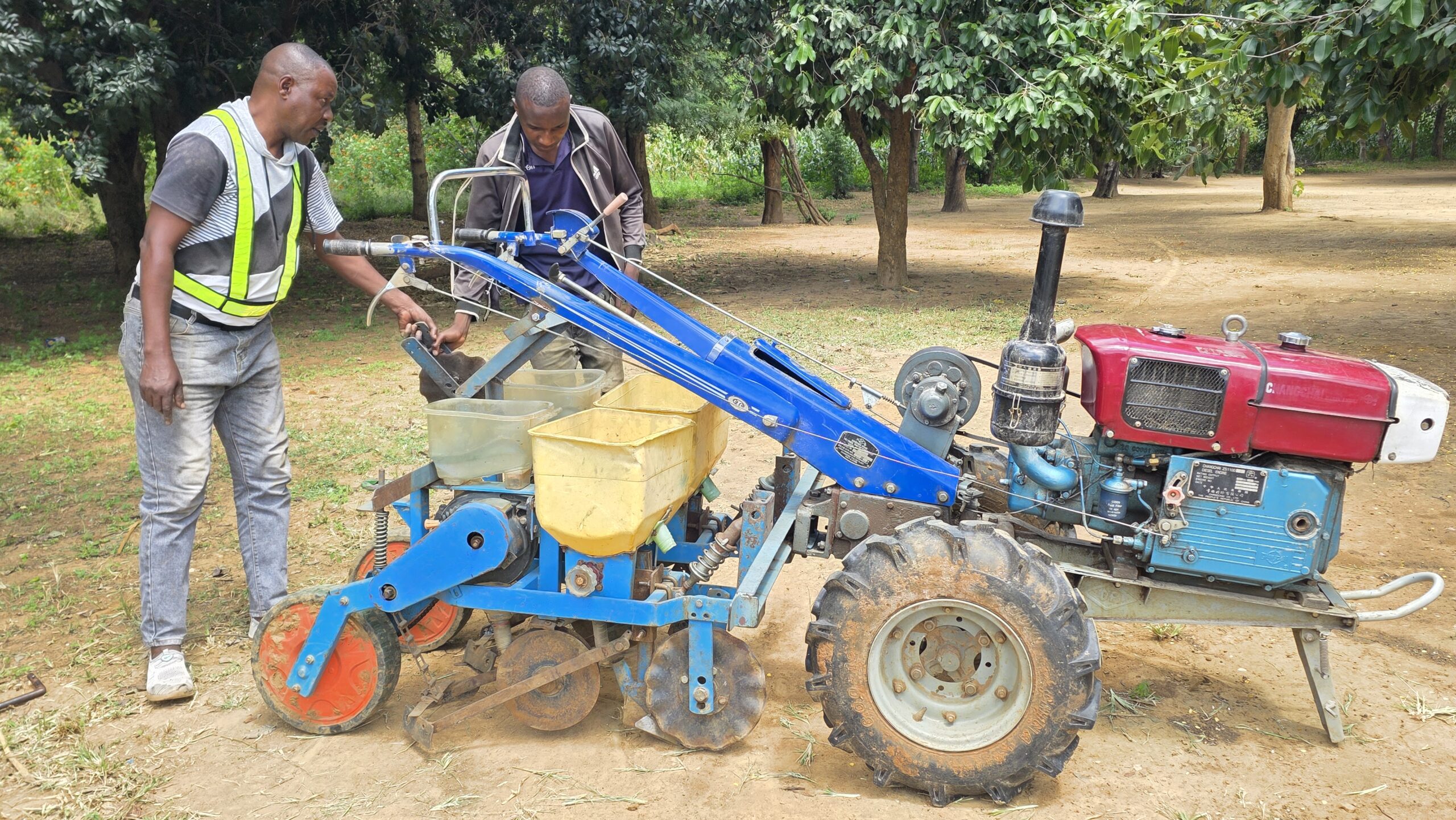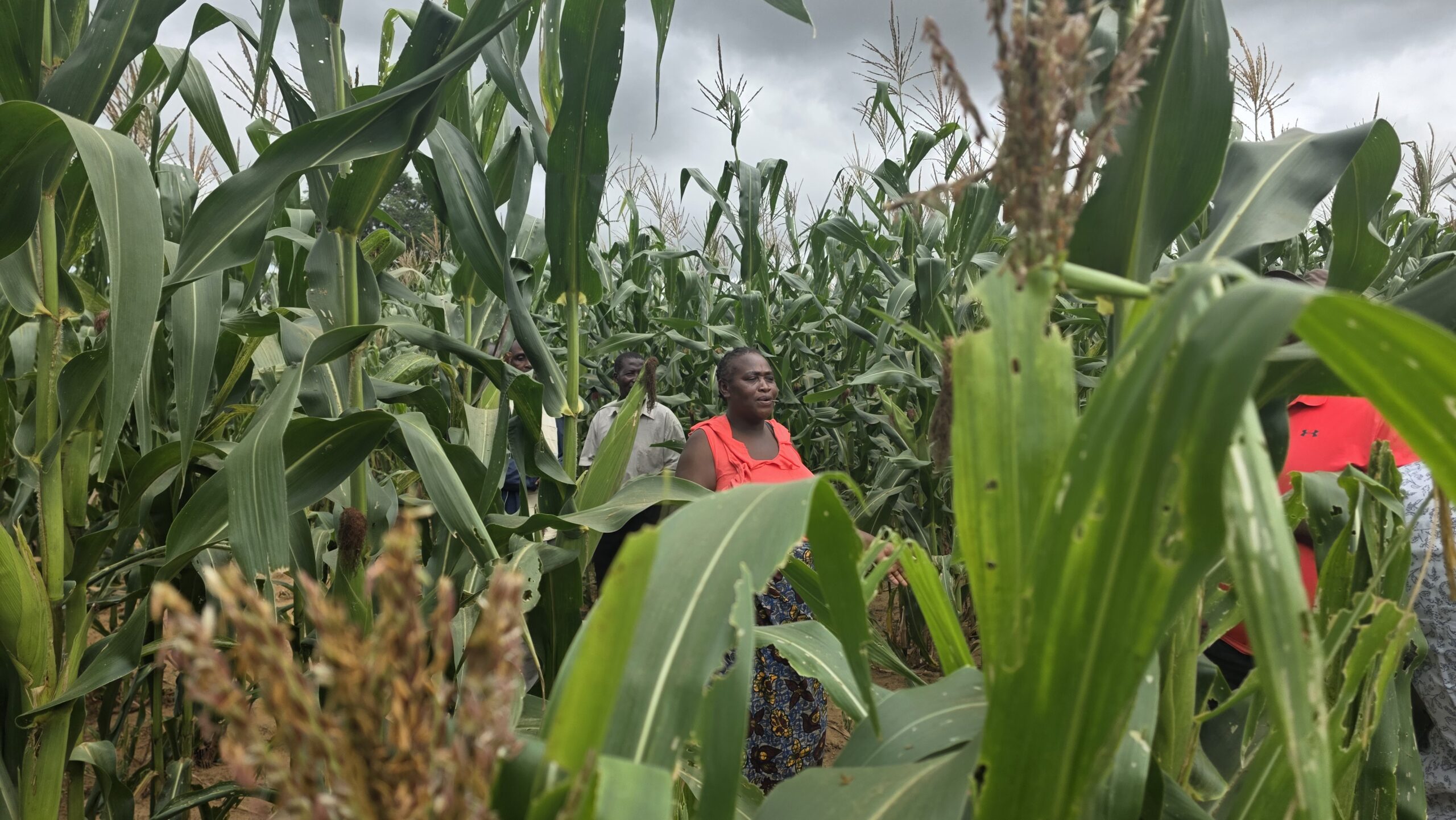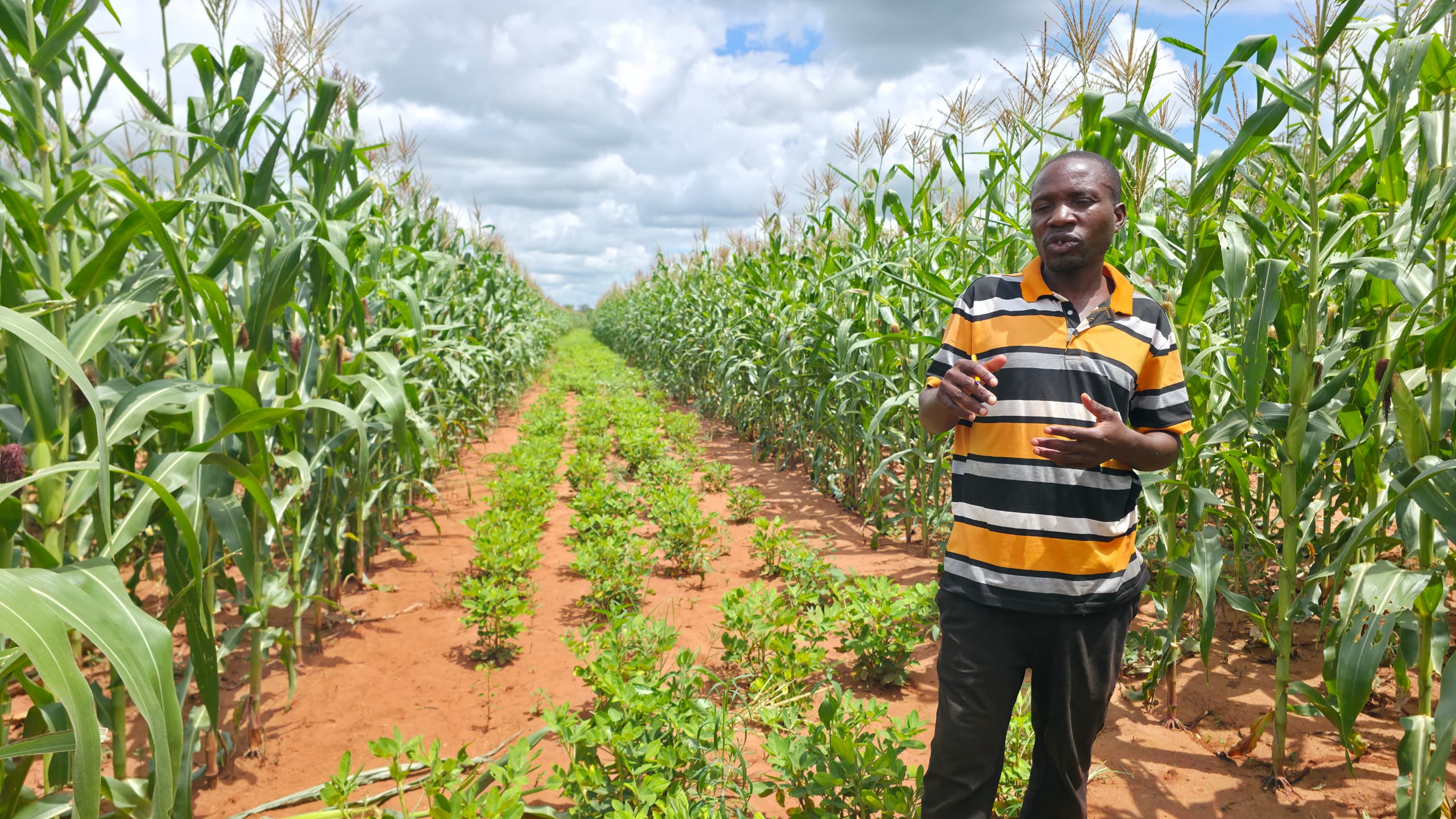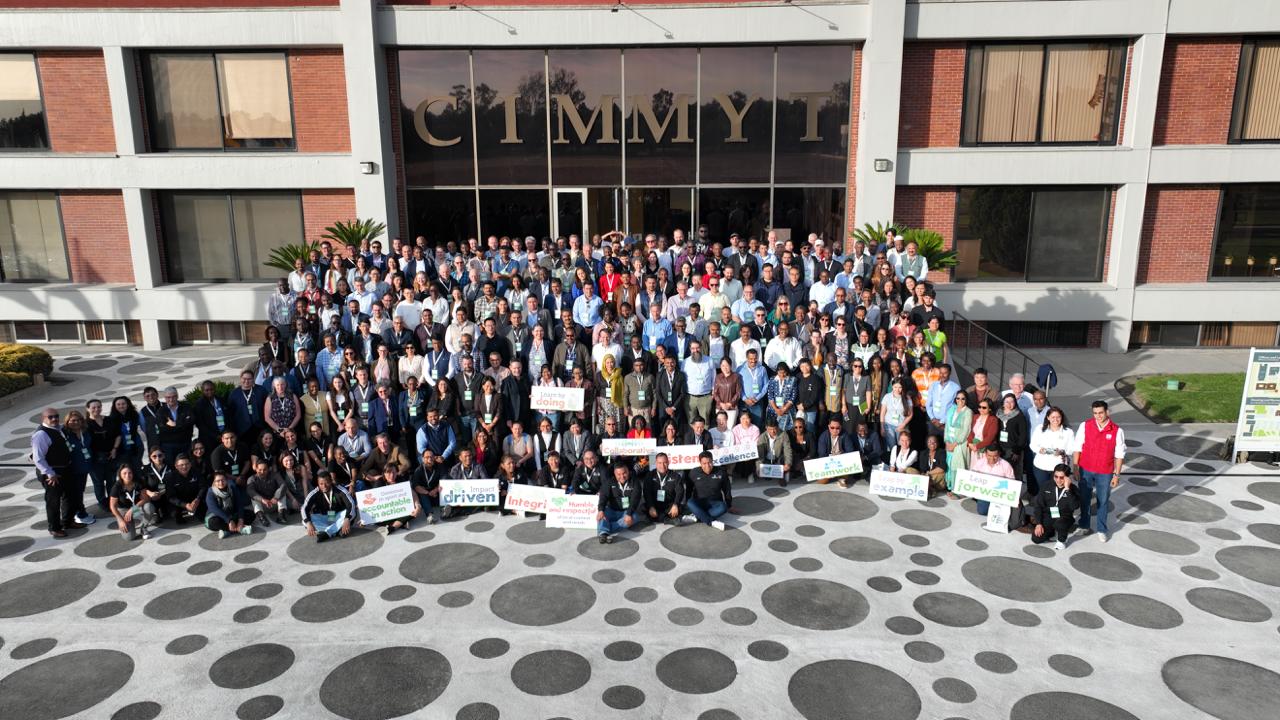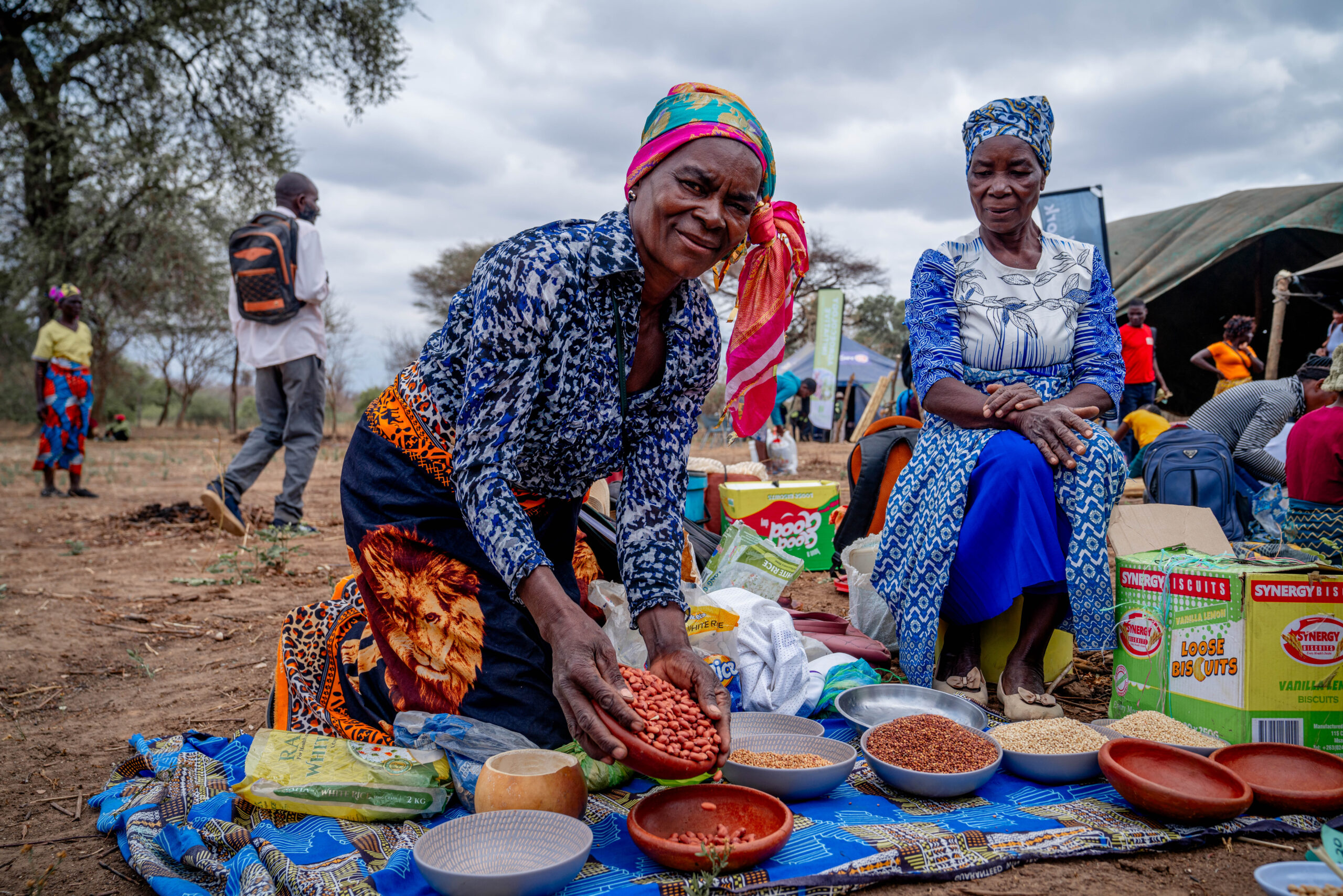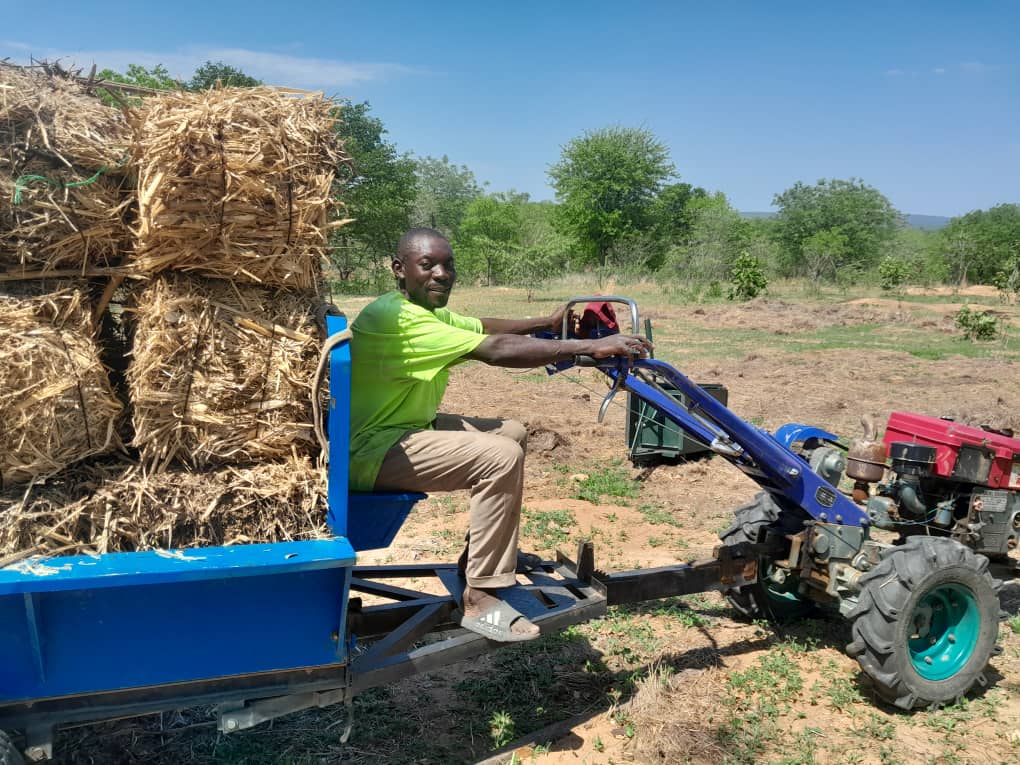“Maize is Food”: Zambia’s Journey with Climate-Resilient Seeds
 Climate adaptation and mitigation
Climate adaptation and mitigation
A CIMMYT-led study in Zambia shows that climate-resilient maize only drives real impact when paired with strong markets, supportive policies, and better access to knowledge and finance
Patience, Trust, and a Long View: How farmers in Malawi are shaping the future of Conservation Agriculture
 Capacity development
Capacity development
Discover how Conservation Agriculture is transforming smallholder farming in Malawi through sustainable practices, farmer-led trials, and climate-smart innovations
A lifetime of learning: Dorothy Helema’s journey with Conservation Agriculture in Malawi
 Gender equality, youth and social inclusion
Gender equality, youth and social inclusion
Dorothy Helema is turning personal loss into lasting legacy, transforming Conservation Agriculture from a research concept into a thriving community movement—one trial plot at a time
Beyond handshakes and agreements: The real work behind scaling conservation agriculture in Malawi
 Capacity development
Capacity development
Forged in the fields of Malawi, CIMMYT and Total LandCare’s partnership is proving that climate-smart farming rooted in local realities can transform livelihoods, one resilient harvest at a time
When livestock is a farmer’s bank
 Capacity development
Capacity development
Turning drought into opportunity, Francis and Annie are growing food, feeding goats, and building resilience with CIMMYT’s support in Malawi
Can organic fertilizers rebuild Zimbabwe’s fragile soils?
 Climate adaptation and mitigation
Climate adaptation and mitigation
Smallholder farmers in Zimbabwe are restoring soil health and building climate resilience through farmer-led trials that integrate organic amendments and conservation agriculture practices
Decades of on-station conservation agriculture trials reveal key farming insights for Zambia’s changing climate
Two decades of CIMMYT-led conservation agriculture trials across Zambia uncover how tailored, climate-resilient practices can boost smallholder productivity and soil health amid increasing weather extremes
When the worm won’t wait: Battling Fall Armyworm with science, seeds and farmer-led solutions
 Climate adaptation and mitigation
Climate adaptation and mitigation
When the worm won’t wait, farmers fight back—with science in the seed and solutions rooted in the soil.
IMIC-Africa Field Day 2025: Where science meets collaboration to accelerate maize innovation in Africa
 Capacity development
Capacity development
IMIC-Africa Field Day 2025 brought together science, seed innovation, and collaboration across Africa to fast-track resilient, high-yield maize solutions from lab to farm.
Reinventing mechanization for Southern Zambia’s drylands: The story of Joe Akombaetwa
 Climate adaptation and mitigation
Climate adaptation and mitigation
Farmer-innovator Joe Akombaetwa is transforming smallholder agriculture in Southern Zambia through climate-smart mechanization and farmer-led engineering, bridging practical ingenuity with sustainable development
Sowing knowledge, Reaping impact: Lydia’s journey from trial farmer to community leader in Monze, Zambia
 Capacity development
Capacity development
Lydia Siankwede’s journey highlights how participatory research empowers smallholders to build resilience and boost productivity in Zambia
Scaling conservation agriculture: Victor Munakabanze’s journey from trials to transformative adoption
 Climate adaptation and mitigation
Climate adaptation and mitigation
Victor Munakabanze’s journey from trial plots to championing Conservation Agriculture in Zambia showcases how climate-smart innovations can transform livelihoods
Innovation and Partnerships for a Food, Nutrition, and Climate-Secure Future
 Innovations
Innovations
CIMMYT’s Science and Innovation Week 2025 brought together global experts to drive transformative solutions in agriculture, emphasizing collaboration, digital innovation, and resilient food systems to create lasting impact for smallholder farmers worldwide
Advancing gender and social inclusion in agroecology: Insights from the CGIAR Agroecology Initiative in Zimbabwe
 Gender equality, youth and social inclusion
Gender equality, youth and social inclusion
The CGIAR Agroecology Initiative empowers women and youth in Zimbabwe by embedding gender and social inclusion into sustainable farming
‘I have bigger plans ahead’ – The journey of Tichaona from odd-job man to agricultural entrepreneur
 Capacity development
Capacity development
Tichaona’s journey exemplifies the benefits of empowering local service providers in rural agriculture. Through the CGIAR Agroecology Initiative, he transformed from being a community handyman to establishing a successful agriculture business in Mbire. This in turn benefited the entire community
